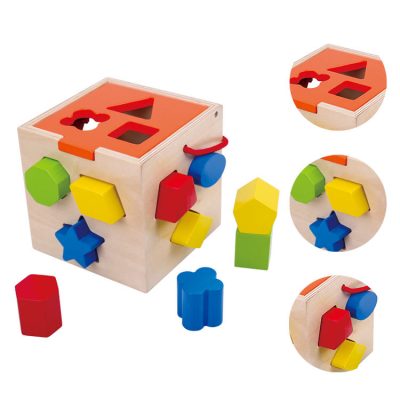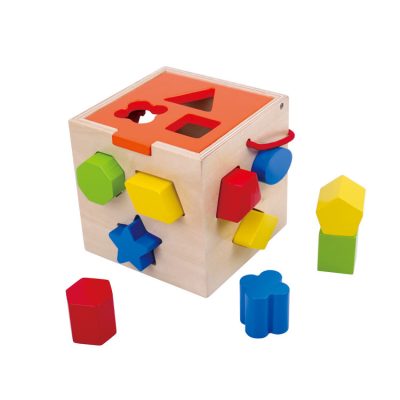1. When a child plays a puzzle, they actually exercise their reading, writing and problem solving and hands-on skills.
A child needs to learn a lot of knowledge and skills from birth to adulthood. Listening, speaking, reading and writing are the four key elements of language learning, and it is the focus of children’s training in childhood. While playing the jigsaw puzzles, the children understood the jigsaw puzzle method from the instructions, and fully exercised their listening and speaking skills when playing with their parents or other children.
In addition to the above skill exercises, jigsaw puzzles also exercise children’s problem-solving ability. Don’t underestimate the training of this ability. Some people who can withstand pressure have been trained in this aspect since childhood, and only when they grow up can they encounter difficulties in study and work. , find a solution to the problem.
Hands-on ability is an important ability of human beings, and it does not mean that people who have received higher education have strong hands-on ability. The development of hands-on ability starts from a young age. Educators believe that hands-on skills start when children are interested in play, and if children are not trained from the age of 3 to 8, they are missing this best period. When these children grow up, their hands-on ability is not as good as those who have been trained.
2. For children, finding each piece of the puzzle requires careful observation. At the same time, it trains children to recognize colors and letters, and to understand the relationship between the whole and the parts, and unconsciously exercise mathematical addition and subtraction. In the process of jigsaw puzzles, children’s upper arm muscles are also fully exercised.
Observation is an important way for people to acquire knowledge. Why are some children very meticulous in their learning and can master different subjects? That’s because they differ in their ability to observe and understand the relationship between the whole and the parts. Training observation ability will have a significant impact on children’s future learning, in other words, it will lead to different learning efficiency.
Recognizing colors and letters, and training addition and subtraction are essential for educating children. How can we integrate education into games? Puzzles give you a satisfactory answer.
3. Children can put together a larger puzzle, each child is responsible for a part of it, and exercise collective division of labor and cooperation.
Some people are very good at getting along with people, while others are not good at getting along with people. This difference may affect people’s life and destiny. It leads to different opportunities for a person in all aspects, including work, career, love… People who are not good at interacting with people, even if they have a high degree of knowledge, the society classifies it as an alternative, and he cannot enjoy all the fun of life.
The above training is not only possible with puzzles, but I have not found any other toys that can do the above training for a small amount of money. Another thing to note is that buying a good puzzle is an investment, because a good quality puzzle will last a long time, not easily damaged, and you can give it to other children when your child stops playing with it.








